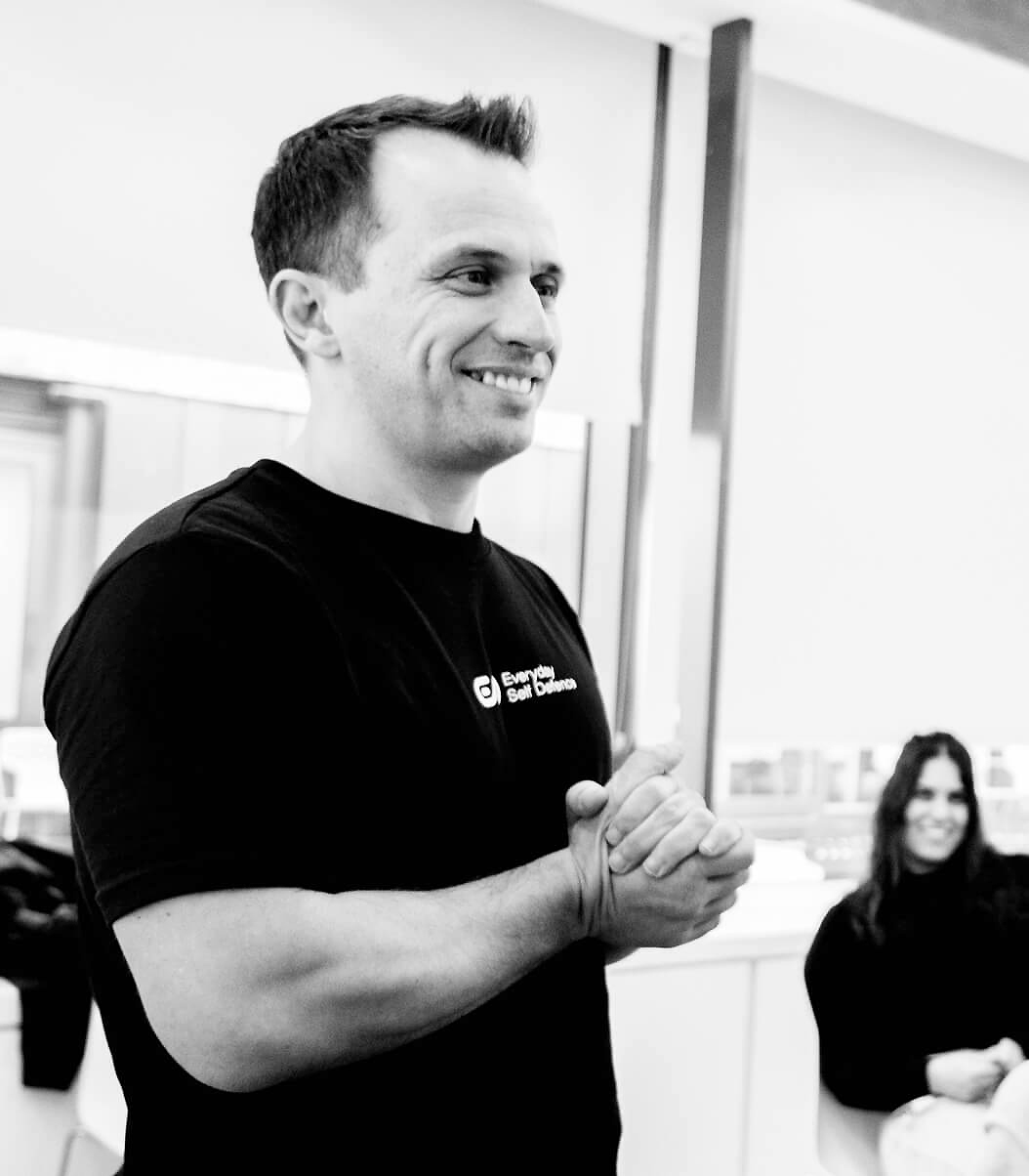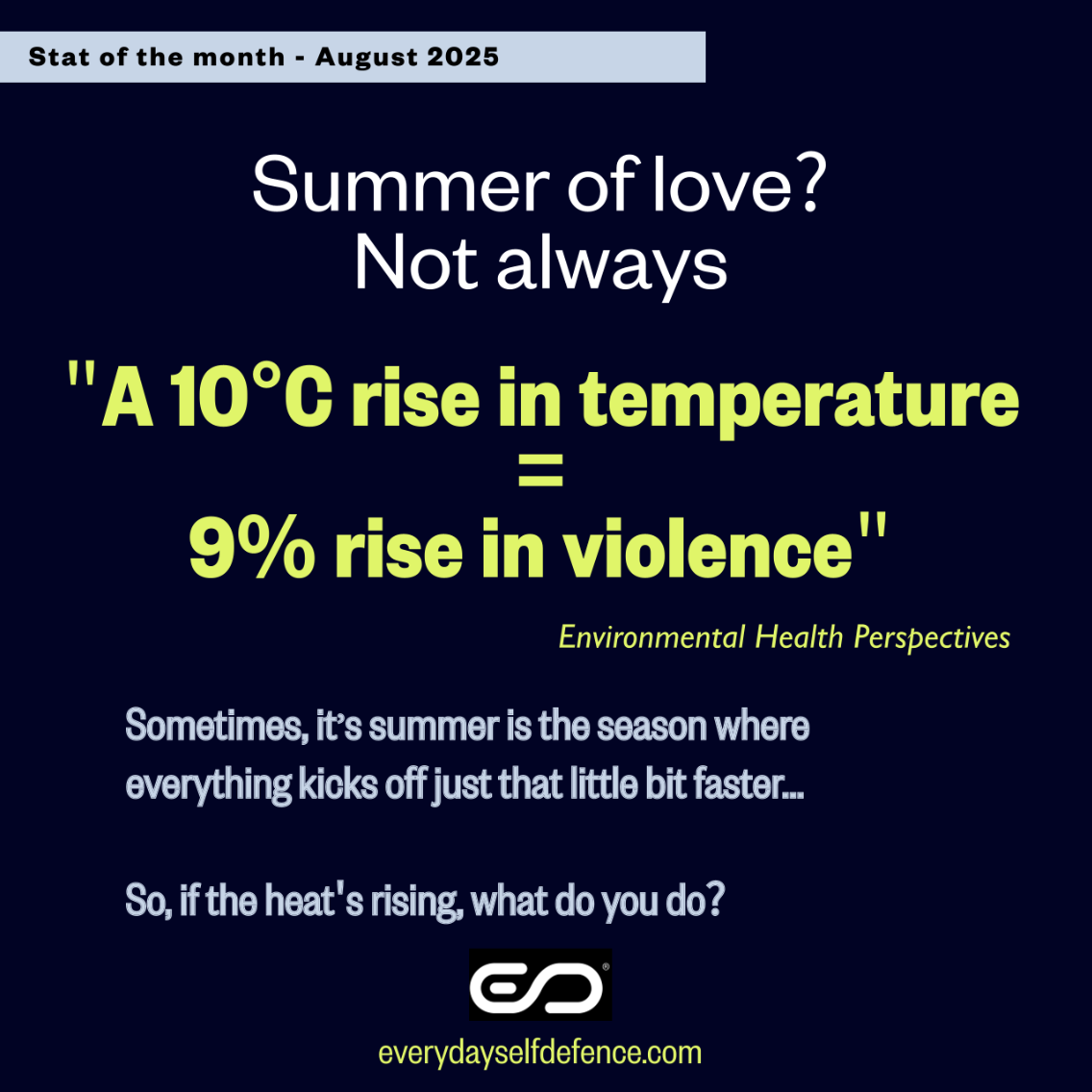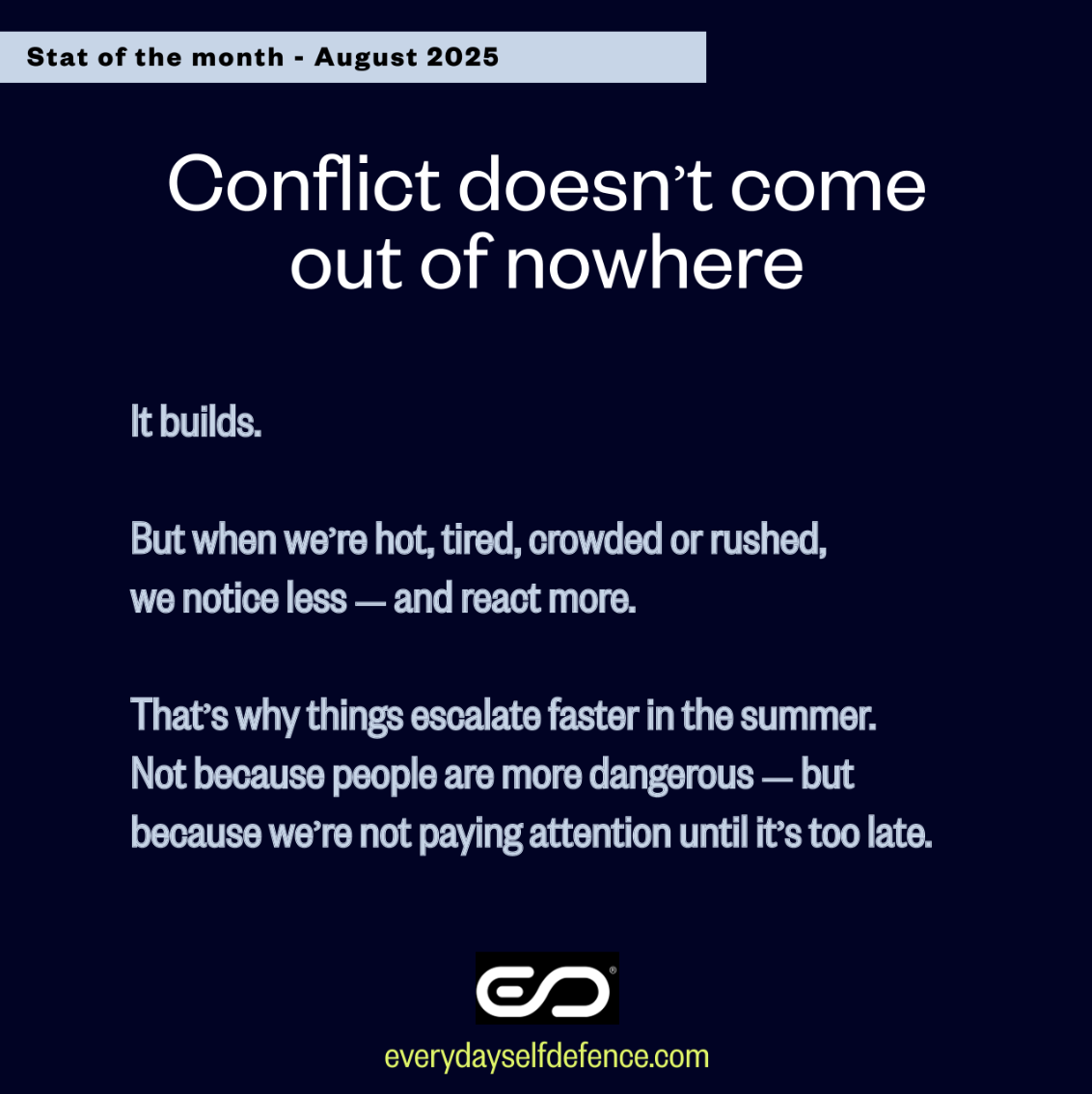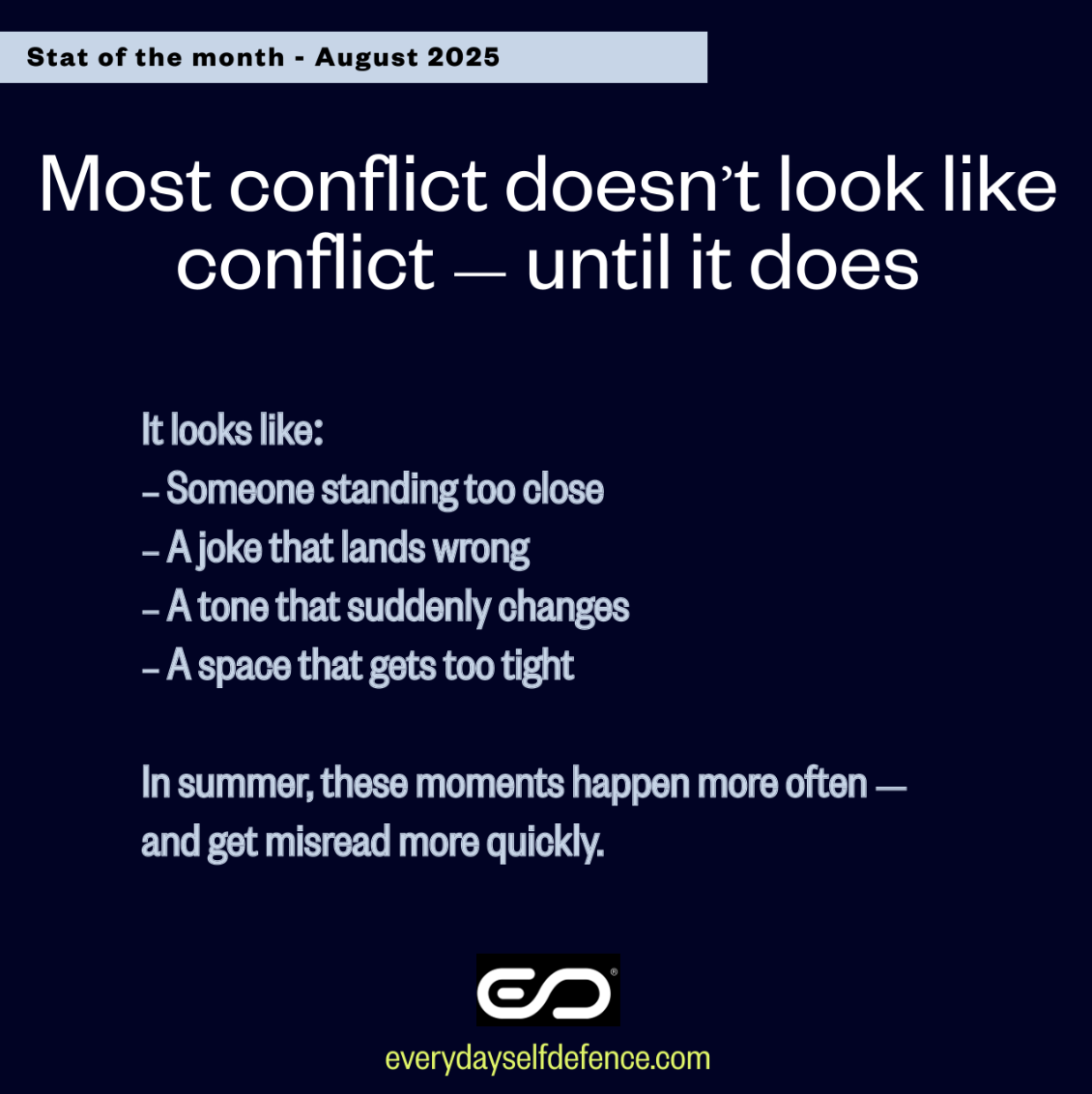
The most important part of the training often happens once it’s over. Someone always hangs back — quietly, cautiously — to share something they’ve carried with them. Not a fight, not a clever comeback, but the moment they froze or walked away, and wondered if it was enough.
The most important part of the training often happens once it’s over.
The group’s packed up, the gear’s going back in the bag, and I’m folding the last chair when someone hangs back. Always quietly. Usually with a glance over their shoulder to make sure no one’s within earshot. Then they’ll say something like:
“This thing happened a while ago. I didn’t say anything. I just froze.”
“I laughed it off, but inside I was panicking.”
“I should have stood up for myself, but I didn’t want to cause a scene.”
These aren’t failures. They’re moments that still sit heavy — not because of what happened, but because of how people think they should’ve handled it.
That’s what sticks. It’s often too much to want to bring it up in the course, all those (unfounded) fears of being judged kick in.
They feel like they were supposed to say the perfect thing. Or land a punch. Or shut someone down with a look or a line — something they could play back later with pride. But what they actually did was stay quiet. Or smile politely. Or walk away. Or get home safely.
And now they’re not sure if that was enough. Or they regret not doing more.
So let me say this clearly:
It was enough.
Nobody who cares about you — not your family, your manager, your team — wants you taking risks just to prove a point. They want you safe. Not injured. Not heroic. Not with some wild story to tell.
There’s a quote I keep coming back to — adapted from the excellent Rory Miller:
Better to avoid than to run away
Better to run away than to de-escalate
Better to de-escalate than have to defend yourself
Better to defend yourself than to get hurt — or worse.
That order matters.
Because the least dramatic option is usually the safest one. And if you made it through, if you’re still here, still thinking about it — then you did what mattered most.
You got out.
So let that be enough.
So be more than OK with the fact that you’re OK.
Nobody escapes badly.

- Nobody who cares about you wants you hurt just to prove a point. They want you safe — not injured, not heroic.
- The least dramatic option is often the wisest. You got out. That’s what matters.
You don’t have to prove anything to be safe. If you got out — that’s enough.

Ready to equip yourself and your staff with essential self-defence skills, including effective de-escalation techniques?










